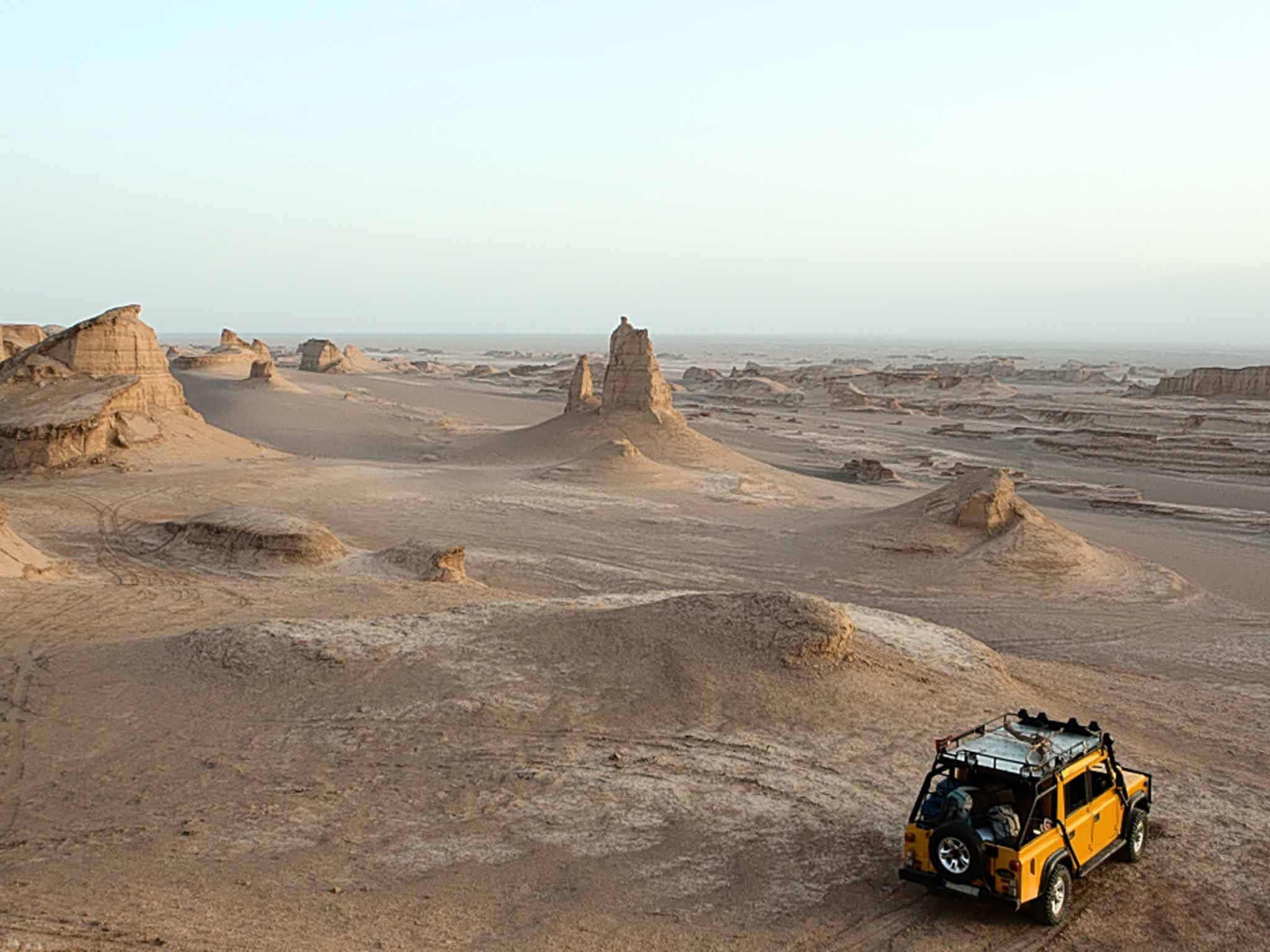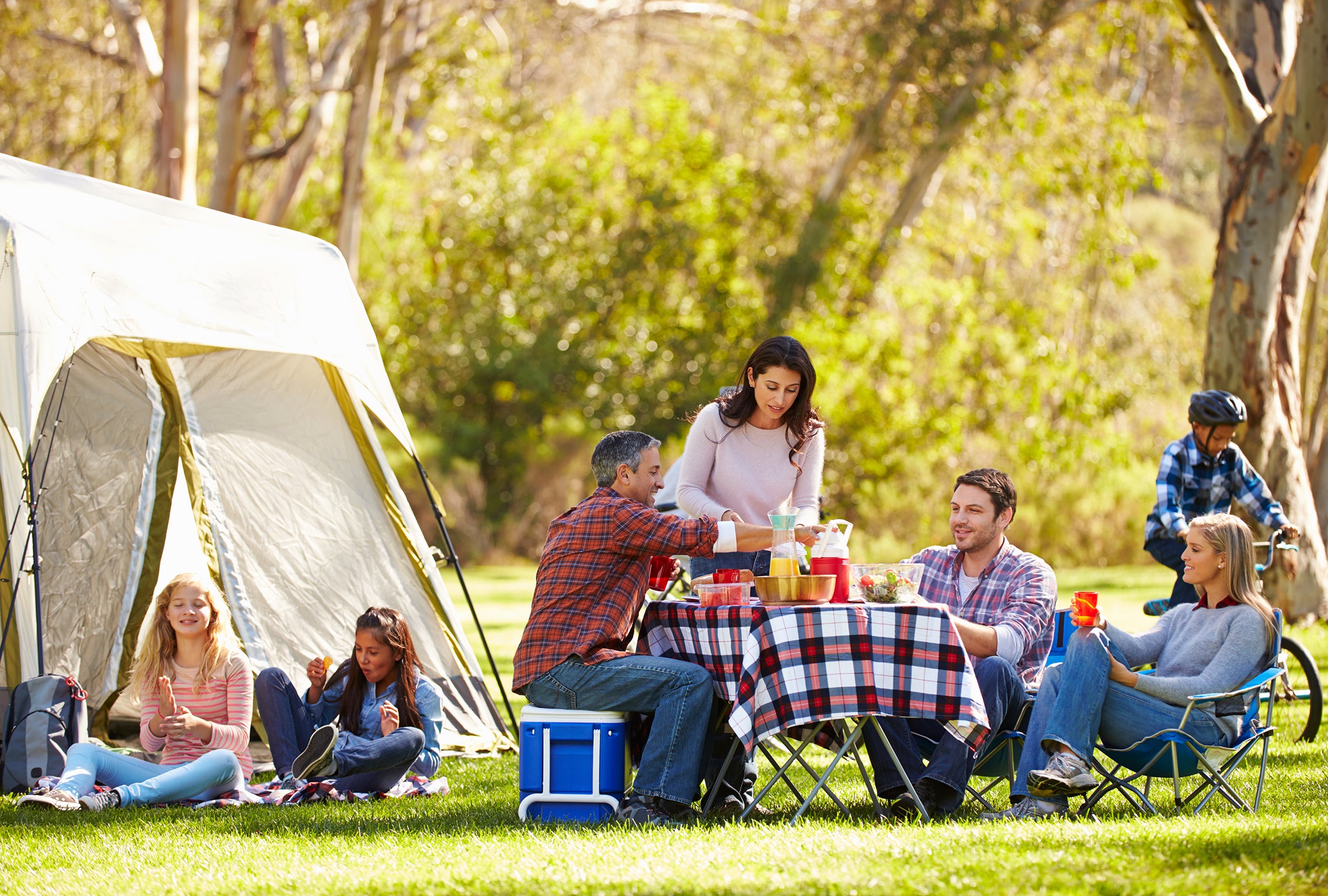17 life-saving facts that everyone should know
Survivalists have a shorthand for knowing their limits

Your support helps us to tell the story
From reproductive rights to climate change to Big Tech, The Independent is on the ground when the story is developing. Whether it's investigating the financials of Elon Musk's pro-Trump PAC or producing our latest documentary, 'The A Word', which shines a light on the American women fighting for reproductive rights, we know how important it is to parse out the facts from the messaging.
At such a critical moment in US history, we need reporters on the ground. Your donation allows us to keep sending journalists to speak to both sides of the story.
The Independent is trusted by Americans across the entire political spectrum. And unlike many other quality news outlets, we choose not to lock Americans out of our reporting and analysis with paywalls. We believe quality journalism should be available to everyone, paid for by those who can afford it.
Your support makes all the difference.Just about everyone knows that you should never text and drive, and that you should stop, drop, and roll if you catch on fire.
But life can also throw situations at us for which we don't have a quick, handy response.
Commenters in a recent Quora thread about life-saving facts offered their best tips, which are easy to remember and could have a huge impact if you ever find yourself in a dangerous situation.
You might want to save these for later.
Your brain can't handle walking and using your phone at the same time — so look up.
Safety adviser Murali Krishnan points out that walking and using your phone both demand large amounts of cognitive effort.
As a result, you can't fully focus on both at the same time in the same way you can with walking and gum-chewing, for instance. You'll suffer “inattention blindness,” where you may see an object but not process that it's a car speeding toward you.
Eliminate your car's blind spots by adjusting your mirrors properly.
Blind spots aren't inevitable in all vehicles, argues user Kristen Rush.
By adjusting your mirrors so that you barely see the edges of your own car, you can effectively eliminate the blind spots on the sides of the vehicle. The rear-view mirror should be able to locate any car behind yours. It's worth the few seconds it takes to adjust these when you get in the driver's seat.
Heat transfers faster through liquid than gas, so keep warm by staying dry.
There's a connection between being wet and getting cold, and vice versa for heat, says engineer Lia Lavoie.
To ensure your body temperature doesn't fall too quickly in cold environments, invest in clothes made of wool instead of cotton — they'll absorb more moisture so that dampness doesn't linger on your skin. And, of course, do your best to stay dry.
Don't eat snow for hydration unless you absolutely have to.
Lavoie also points out that your body uses a great deal of energy to convert matter from one state to another.
That's why he says you should only eat snow as a substitute for water as a last resort. In gaining that small amount of hydration, you'll give up precious body heat.
If your plane makes a water landing, resist the urge to inflate your life jacket immediately.
User Alvin Yip warns against the impulse to inflate your life jacket immediately if a plane is making an emergency landing on water. The water that could rush into the cabin makes it harder to move if you're more buoyant.
So swim to an exit, then inflate your jacket to stay afloat.
You can perform the Heimlich maneuver on yourself.
Few people realize that they don't need someone else to dislodge a piece of food from their throat.
Naman Mitruka explains how to perform the Heimlich on yourself:
1. Form a fist with your stronger hand below your rib cage and just above the navel. Place your other palm over the fist to push more firmly.
2. Drive your fist in and up in the diaphragm area (the top of your stomach) forcefully and repeat several times until the object that's stuck in your throat gets dislodged.
Keep maximum-strength antihistamines in your wallet or bag when you go somewhere new.
You never know when you'll encounter something that you didn't know you're allergic to, especially when camping or hiking, according to user Ryan Borek.
The limits of the human body tend to follow a “Rule of 3.”
Survivalists have a shorthand for knowing their limits, Ruchin Agarwal says.
People can generally go three minutes without air, three hours without shelter in extreme weather environments, three days without water, and three weeks without food.
If cooking oil catches fire, turn off the burner and cover the pot.

Ruchin Agarwal also explains that people should never use water to put out grease fires. The water molecules sink to the bottom of the hot pan, evaporate instantly, and shoot the flames even higher.
Instead, you can put an oil fire out by cutting the heat and taking away the oxygen.
If you get stabbed or impaled by a sharp object, leave it be.
Pulling out an object that has been lodged in your body will increase the rate of blood loss, Thomas Mei explains. Instead, try to cover the wound and do anything you can to stop the bleeding until you find a medical professional.
Most airplane crashes happen within the three minutes after take off or eight minutes before landing.
According to Sanket Shah, aviation safety abides by the +3/-8 rule, which encourages people to be vigilant immediately after take off and right before landing — 80% of crashes happen during those times.
You can use those short periods of time to stay alert and locate exits rather than getting lost in a podcast or movie.
Most deaths in house fires are caused by smoke inhalation, not burns.
Stay low to the ground to avoid breathing in too much smoke, argues Harsh Sharma.
If you get hurt in a public place, single out one person for help to avoid the bystander effect.
Sharma also explains the well-studied psychological phenomenon in which crowds of people fail to help somebody because they all think someone else will intervene.
If you're not too hurt to call out for help, pick one person and direct your pleas to them. You'll be more likely to get the aid you need.
A bright flashlight could be your greatest weapon against an attacker.
Instead of carrying mace or a weapon, an extremely bright flashlight could ward off a mugger just as effectively, user Sanket Shah claims.
“If you have someone approaching you that seems aggressive, in the gravest extreme, a blast of 300+ lumen to the eyes (especially at night) will give you the opportunity to get out,” he says. “And suppose you miss-read the situation; no one is really harmed and you can't get in trouble for it.”
If you get lost on a hike, try to find a fence or stream.

“The stream always flows downhill and invariably will reach a larger tributary or a body of water,” says user Jon Mixon.
Meanwhile, the fence will almost always lead to a road or a structure.
Use condoms as makeshift water storage.

Condoms are incredibly elastic. As user Janis Butevics points out, you can use that to your advantage if you need a quick way to store large volumes of water. They essentially act like bladders and are capable of holding a gallon of water.
“They can also be used to protect against water, as a stretchable cover for valuable items like matches and walkie-talkies,” Butevics says.
Picking out exits ahead of time will cut through your “normalcy bias.”
When local governments send out warnings about natural disasters, many people stay put even when told to evacuate. As John Ewing explains, psychologists call the phenomenon the “normalcy bias.” It refers to people's tendency to think everything will turn out OK even when they're clearly in danger.
Ewing says people can break out of their normalcy bias cycle by locating multiple exits when they're out in public, such as at the movies or out to eat. Mentally preparing themselves to act if a dangerous situation arises will train them to be vigilant.
Read more:
• This chart is easy to interpret: It says we're screwed
• How Uber became the world's most valuable startup
• These 4 things could trigger the next crisis in Europe
Read the original article on Business Insider UK. © 2016. Follow Business Insider UK on Twitter.
Join our commenting forum
Join thought-provoking conversations, follow other Independent readers and see their replies
Comments